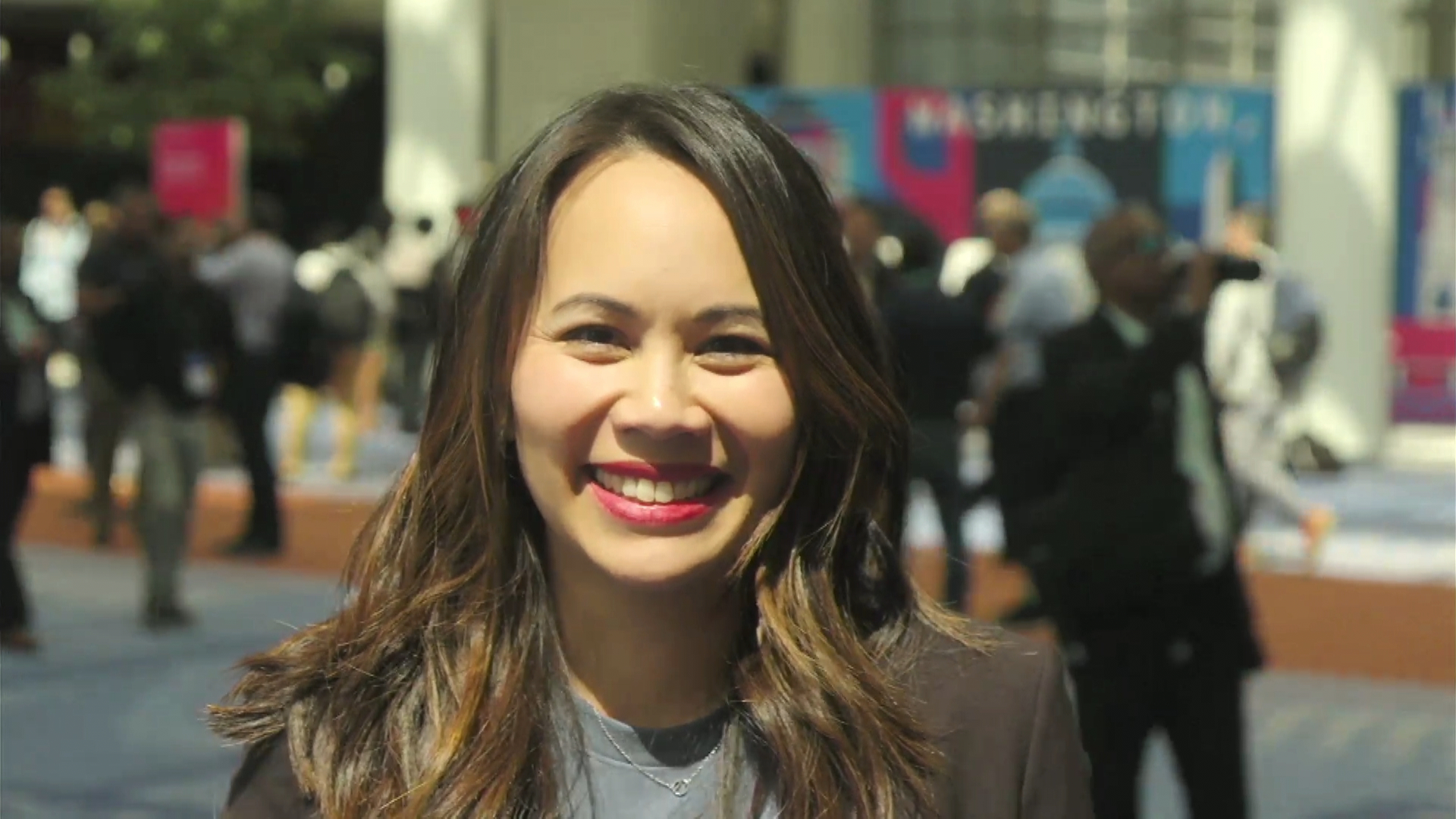Recent innovations in public and private arenas are leveraging the power of artificial intelligence, in part lead by the development of generative AI applications.
This shift from traditional AI systems to generative AI is accelerating the development of rapid prototyping solutions, emphasizing the need for responsible AI governance and presenting challenges in integrating these advanced technologies into existing infrastructures. The collaboration between leading tech firms and public institutions underscores a commitment to advancing AI while ensuring that security and ethical standards are maintained.
“There are a lot of starts and stops that are happening with different generative AI projects because everyone wants to do things responsibly,” said Alison Smith (pictured), director of generative AI at Booz Allen Hamilton Inc. “A lot of the research for responsible AI and governance is still sort of high level and we’re sort of helping our clients think through the implications and what that means for security, what that means for guardrails, more at the technical solution level. And that takes time.”
Smith spoke with theCUBE Research’s John Furrier at the AWS Summit Washington, DC, during an exclusive interview on theCUBE, SiliconANGLE Media’s livestreaming studio. They discussed the transformative impact of generative AI applications in the technology sector, emphasizing the challenges of integrating these advanced technologies, the importance of responsible AI governance, and the collaborative efforts between tech firms and public institutions to maintain security and ethical standards.
Navigating the complexities of AI integration and generative AI applications
Booz Allen Hamilton has established itself as a leader in AI, becoming the first premier partner in Amazon Web Services, Inc.’s Generative AI Innovation Center. This partnership enables the company to assist customers in leveraging AWS services, such as Bedrock and SageMaker, according to Smith.
“Lots of our clients are using AWS cloud. It’s a very natural partnership to help our clients understand how to use Bedrock services, SageMaker when Bedrock is not available, and kind of the whole spectrum of services,” she said. “You have clients … who are interested in prototyping rapidly to understand kind of their value of generative AI … and then you have clients that are looking all the way into full productionized systems and how to start incorporating LLMs there.”
One of the primary challenges discussed was the concurrent management of experimentation, governance, security, privacy and budget considerations. Effective handling of these aspects is crucial for the successful integration of AI technologies, Smith explained.
“With experiments, obviously, you kind of need to understand the bounds of what your LLM or your generative AI solution can do,” she said. “When you look at traditional AI systems, you have to understand where it makes sense to bring in generative AI where it’s actually valuable. The federal sector, in particular, faces higher standards due to the need to responsibly manage taxpayer money, adding another layer of complexity to AI adoption.”
AWS’ investment in generative AI, particularly in the public sector, is driving acceleration. However, the need for responsible AI governance and security measures can slow down adoption, which Smith views as a necessary and intentional process. Ensuring data lineage, supply chain explainability and establishing strong governance frameworks are crucial steps that need to be addressed to maintain momentum in AI adoption.
“I think the biggest challenge, and I don’t want to call it a barrier because it’s important, is thinking through those responsible AI and governance measures,” Smith said. “Being the federal government, being in the public sector, there is a higher standard for how you are operating with taxpayer money to achieve various critical missions that might not exist for a traditional retail industry. I think that part might be slowing down adoption. But I think that’s by design and not necessarily a barrier.”
Here’s the complete video interview, part of SiliconANGLE’s and theCUBE Research’s coverage of the AWS Summit Washington, DC:
Photo: SiliconANGLE
Your vote of support is important to us and it helps us keep the content FREE.
One click below supports our mission to provide free, deep, and relevant content.
Join our community on YouTube
Join the community that includes more than 15,000 #CubeAlumni experts, including Amazon.com CEO Andy Jassy, Dell Technologies founder and CEO Michael Dell, Intel CEO Pat Gelsinger, and many more luminaries and experts.
“TheCUBE is an important partner to the industry. You guys really are a part of our events and we really appreciate you coming and I know people appreciate the content you create as well” – Andy Jassy
THANK YOU





